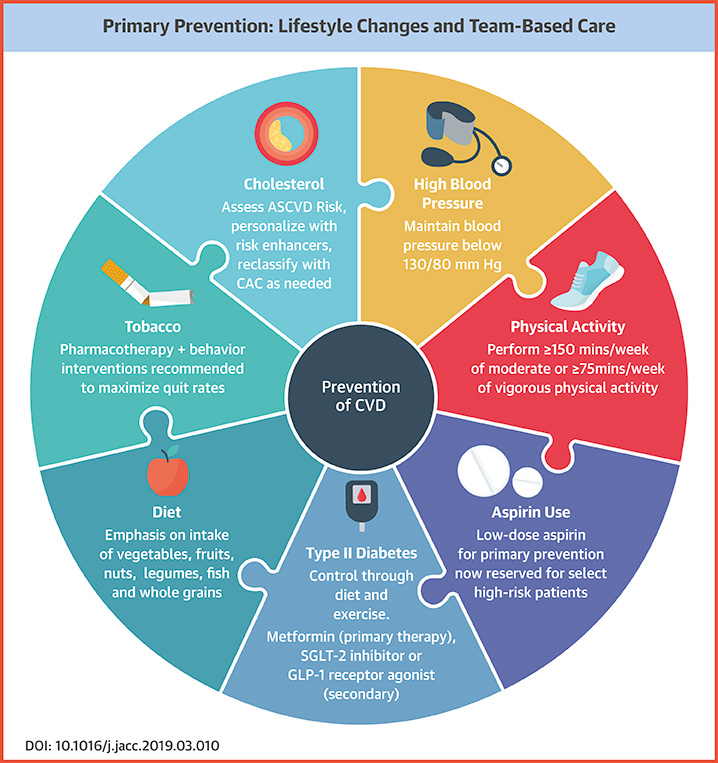The Importance of Disease Prevention
Ensuring good health is essential for a fulfilling life. Disease prevention plays a crucial role in maintaining overall well-being. By adopting healthy habits and making informed choices, individuals can significantly reduce their risk of developing various illnesses.
Eating a Balanced Diet
A balanced diet is key to disease prevention. Consuming a variety of fruits, vegetables, whole grains, and lean proteins provides the body with essential nutrients, vitamins, and minerals necessary for optimal functioning. Additionally, it helps maintain a healthy weight and reduces the risk of chronic diseases such as heart disease, diabetes, and certain types of cancer.
Regular Physical Activity
Engaging in regular physical activity is another vital aspect of disease prevention. Exercise not only helps maintain a healthy weight but also improves cardiovascular health, boosts the immune system, and enhances mental well-being. Aim for at least 150 minutes of moderate-intensity exercise or 75 minutes of vigorous-intensity exercise per week.
Adequate Sleep
Getting enough sleep is often overlooked but is essential for disease prevention. During sleep, the body repairs and rejuvenates itself. Lack of sleep can weaken the immune system, increase the risk of chronic conditions such as obesity and diabetes, and impair cognitive function. Aim for 7-9 hours of quality sleep every night.
Stress Management
Chronic stress can have detrimental effects on both physical and mental health. Therefore, it is crucial to adopt stress management techniques such as meditation, deep breathing exercises, or engaging in hobbies. Taking time to relax and unwind helps reduce the risk of developing stress-related diseases.
Regular Health Check-ups
Regular health check-ups play a vital role in disease prevention. These appointments allow healthcare professionals to detect any potential health issues early on, increasing the chances of successful treatment and prevention of further complications. Schedule regular screenings, vaccinations, and follow-ups as recommended by your healthcare provider.
Conclusion
By prioritizing disease prevention through adopting healthy habits, individuals can significantly improve their quality of life. Eating a balanced diet, engaging in regular physical activity, getting adequate sleep, managing stress, and attending regular health check-ups are all essential components of maintaining good health and preventing diseases. Remember, prevention is always better than cure.
